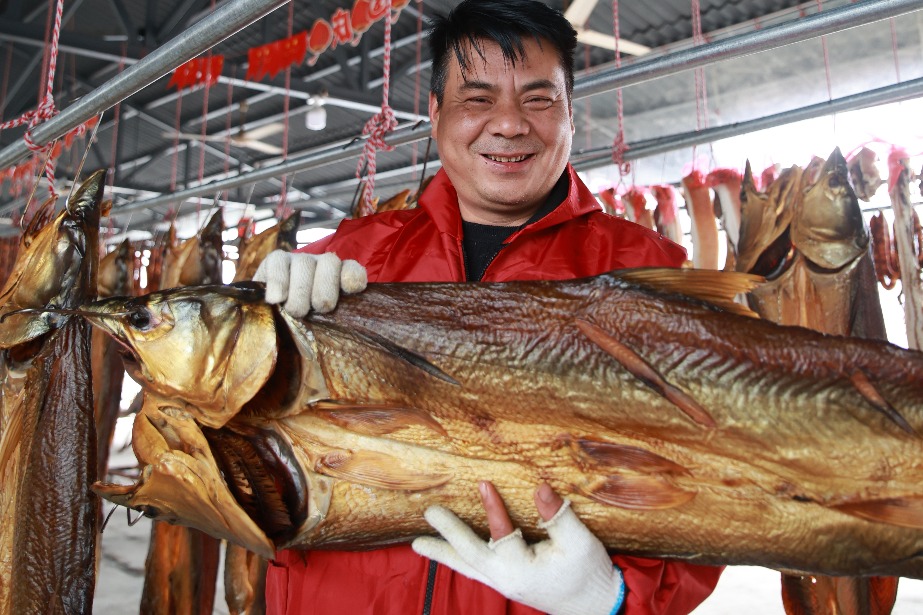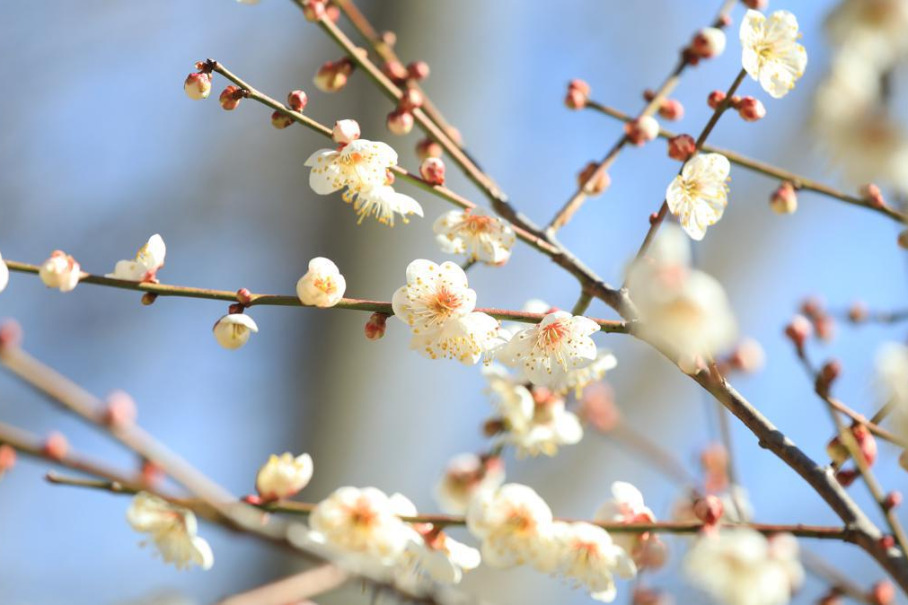China sets up 36,877 national standards in 70 years

BEIJING - China has established 36,877 national standards over the past 70 years, and standardization in China has experienced three key changes, said Tian Shihong, head of the Standardization Administration, Wednesday.
First, China's standardization realized the transformation from the unitary supply of the government to the dual supply of the government and the market, Tian said.
Another change is that China now not only has standards for the manufacturing sector but also for primary and tertiary industries as well as for social undertakings, Tian said.
At present, agricultural standards account for 11.4 percent of China's national standards, industrial standards account for 73.5 percent, services and social undertakings account for 15.1 percent, and the proportion of standards in the service sector is still increasing, Tian said.
The third change is that China has evolved from passively adopting international standards to actively participating in the making of international standards, Tian said.
China has adopted more than 10,000 international standards in its national standards. It is also one of the most active countries submitting proposals for international standards, Tian said.
Among the national standards, nearly 4,000 are compulsory, involving food, consumer goods, production safety, environmental protection and construction industries.
- China, Algeria expand space cooperation with new satellite launch
- Cross-Strait Chinese New Year bazaar unites cultures in Fuzhou
- Emergency Management Minister Wang Xiangxi under investigation
- Overseas-Chinese group tours Xinjiang as special guests
- China launches satellite for Algeria
- Capital accelerates humanoid robot mass production



































